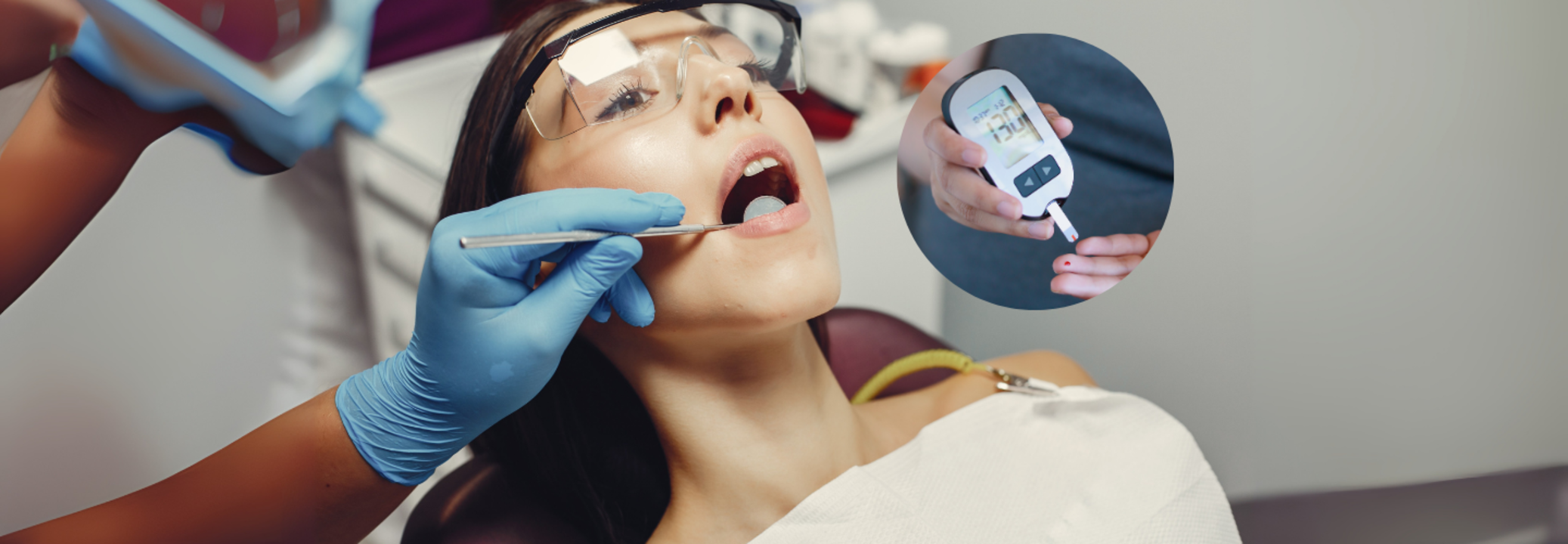One Crucial Habit Every Diabetic Is Forgetting – And It Starts With Your Toothbrush

SummaryPeople with diabetes face a higher risk of gum disease, tooth loss, and dry mouth, but regular dental care and blood sugar control can significantly reduce complications and improve overall health.
End of Article
